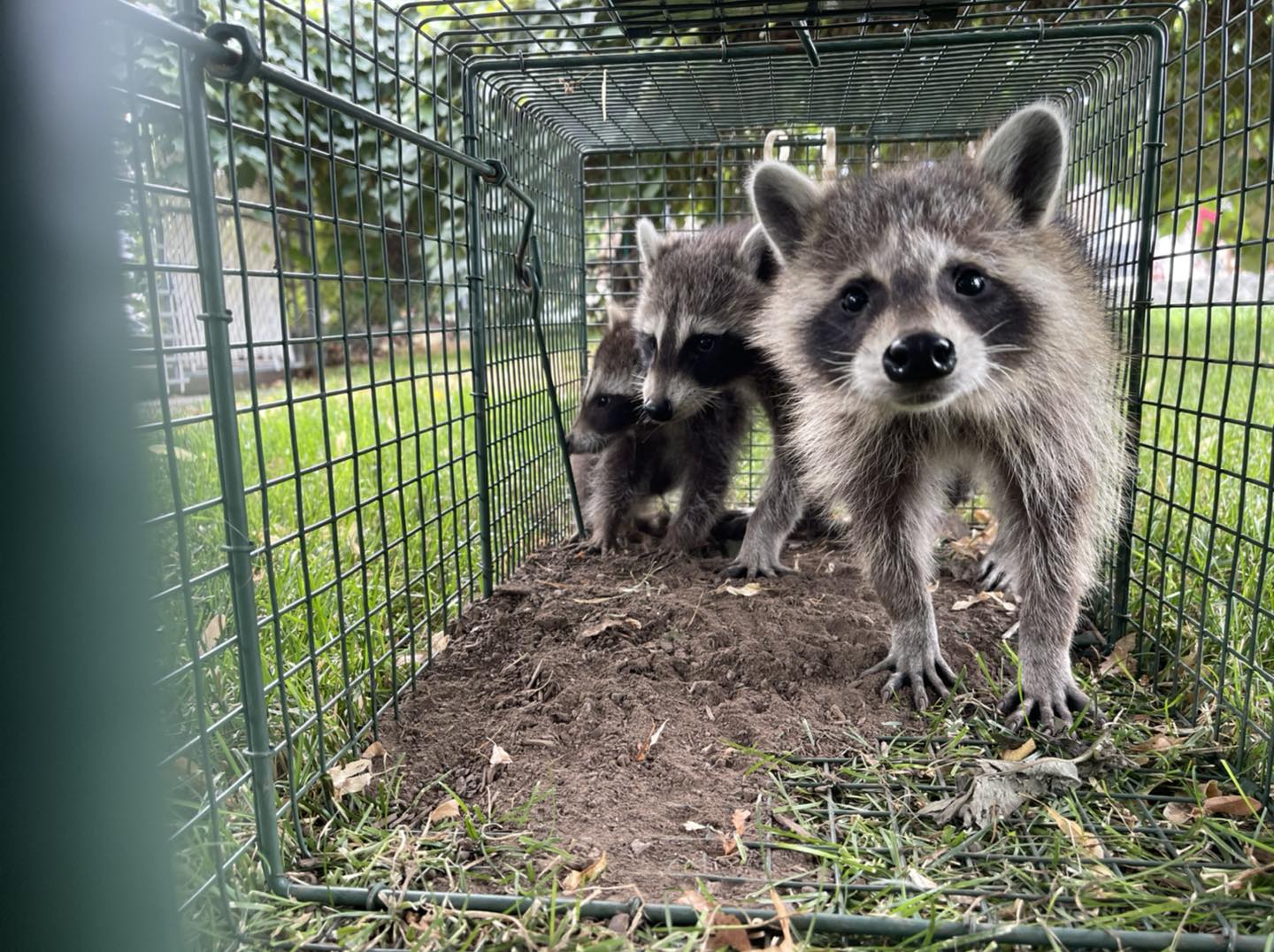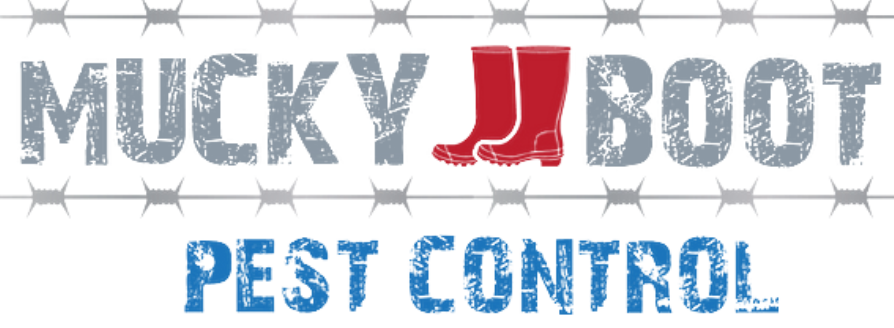
Newsletter
Everything You Need To Know About Our Services, subscribe here.

Raccoon Prevention and Control
Everything You Need To Know About Raccoon Prevention and Control
Raccoons may seem like cute, furry animals. However, they can quickly become a nuisance when they start roaming around your property. Not only do they cause damage to your property, but they can also pose serious health risks to your family and pets.
In the state of Utah, raccoons are listed as an invasive species, and therefore there are some special considerations you as a homeowner need to take before you attempt to trap these animals. This blog post will explore the issues that arise when raccoons infest your property.
Damage to Property
Raccoons are notorious for causing property damage. They are known for raiding trash cans, gardens, and bird feeders and will cause severe lawn damage as they rip up the grass looking for grubs. Raccoons are skilled climbers who can easily access hard-to-reach places such as fireplace chimneys and your attic. If they find their way into your attic, they can cause significant damage to the insulation and electrical wiring, sometimes resulting in thousands of dollars worth of damage.
We have found homes where they have even torn right through the shingles and plywood on roofs to gain access to a home’s attic.
Risks to Health
Raccoons carry a range of harmful diseases that can be transmitted to humans. One such disease is rabies. Rabies is a virus that attacks the central nervous system and can eventually lead to death. Raccoons are one of the primary carriers of rabies, making them a significant risk to human health. If you are bitten by a raccoon, it’s essential to seek medical attention immediately.
Raccoons also carry other diseases that can be harmful to humans. Some of these diseases include Leptospirosis, Salmonella, and Giardia. Leptospirosis is a bacterial infection that can cause severe flu-like symptoms, including fever, headache, chills, and muscle aches. It can also cause liver and kidney damage. Salmonella is a bacterial infection that causes stomach cramps, diarrhea, and fever. Giardia is a parasitic infection that causes diarrhea, stomach cramps, and fatigue.
Moreover, raccoons are one of the carriers of ticks, which carry dangerous illnesses such as Rocky Mountain spotted fever and Lyme disease. Raccoons can also be carriers of fleas, and fleas carry tapeworms and other parasites that can be transmitted to humans and pets.
Prevention and Control
To prevent raccoons from infesting your property, you need to make it less appealing to them. The first step is to secure your trash cans and compost. Raccoons are attracted to food, so if they smell something tasty, they will come to investigate. Consider placing trash cans in a secure location, such as a locked garage or shed. You also want to ensure that pet food is kept inside when not in use.
Secondly, prevent raccoons from accessing your property by sealing any openings in your house exterior. If there is an opening that a raccoon can enter, they likely will. If you have dog doors, we highly recommend that you close and lock them every night after dark before a raccoon figures out how to use that door to let themselves in (it happens all the time). You may also want to consider installing a fence around your property to keep them out.
Finally, if you have a raccoon infestation, call Mucky Boot Pest Control.
In most cases, local city/county animal control and the Department of Wildlife Resources don’t offer any assistance in removing nuisance wildlife such as raccoons.
Raccoons are intelligent animals who can become aggressive if they feel threatened. It’s essential to let the professionals at Mucky Boot Pest Control handle the situation to minimize the risks to the health and safety of you and your family. Professional pest control companies will use humane methods to remove the raccoons from your property.
Conclusion
While raccoons can be adorable and cute, they can cause serious damage to property and pose risks to human health. They carry harmful diseases such as rabies, Leptospirosis, Salmonella, and Giardia and can transmit parasites such as fleas and ticks. To prevent raccoon infestation, secure trash cans, seal any openings in your home exterior, and consider installing a fence around your property.
If you already have an infestation, it’s best to call the Mucky Boot Pest Control professionals to handle the situation. Due to raccoons being listed as an invasive species, it’s actually illegal for anyone to trap and relocate the animals to a new location. All trapped raccoons need to be released on the property they were trapped on, or they need to be humanly euthanized. So if you as a homeowner plan to attempt to trap any wildlife on your property, we suggest you check with local city ordinances on what is and isn’t allowed concerning trapping and euthanasia practices. For example, most cities prohibit any foot/leg hold traps that restrain the animals with just their foot. Using these traps within a populated city poses a significant risk of accidentally trapping someone’s family pet or injuring a child.

